Room: 5-314
Speaker Name:
Alan Papalia
Affiliation:
Final-year PhD candidate in Ocean Engineering with the MIT and Woods Hole Oceanographic Institution (WHOI) Joint Program
Abstract:
This talk will share my work developing algorithmic capabilities to address current barriers towards widespread autonomous ocean observation, namely cost-prohibitive platforms and difficulties in collaborating between platforms. I will primarily discuss the certifiably correct range-aided SLAM (CORA) algorithm, which I developed to address the challenges encountered in low-cost underwater navigation using only acoustic ranging and cost-effective inertial sensors. I will explore the unique challenges of underwater navigation and how CORA leverages techniques from mathematical optimization (e.g., semidefinite programming and Burer-Monteiro factorization) to provide first-of-a-kind guarantees in range-based state estimation while preserving the efficiency of traditional algorithms. In particular, I will share experiments in which CORA enables two marine surface vehicles to accurately navigate at an order of magnitude cost reduction relative to modern approaches ($12k vs. $100k+ per vehicle). If time permits, I will use the success of CORA to motivate the potential of similar algorithmic tools to further advance ocean observation by developing techniques for heterogeneous collaboration and adaptive sampling of dynamic processes.
Bio:
Alan Papalia is a final-year PhD candidate in Ocean Engineering with the MIT and Woods Hole Oceanographic Institution (WHOI) Joint Program. His research focuses on fundamental algorithmic capabilities for marine autonomy, with a focus on the necessary tools to enable environmental monitoring and ocean observation. His work draws on techniques from mathematical optimization, graph theory, and information theory to design performant algorithms which allow scalable and cost-effective autonomous exploration and monitoring.
During his PhD, Alan developed the first algorithm to obtain provably optimal estimates of a marine vehicle’s location using acoustic ranging and inertial odometry and demonstrated the success of this algorithm on low-cost marine surface vehicles. He is the recipient of a MathWorks Fellowship, Undersea Technology Innovation Scholarship, and Woods Hole Next Wave Fellowship. He received a B.S. in Mechanical Engineering from the University of Illinois at Urbana-Champaign in 2019.
